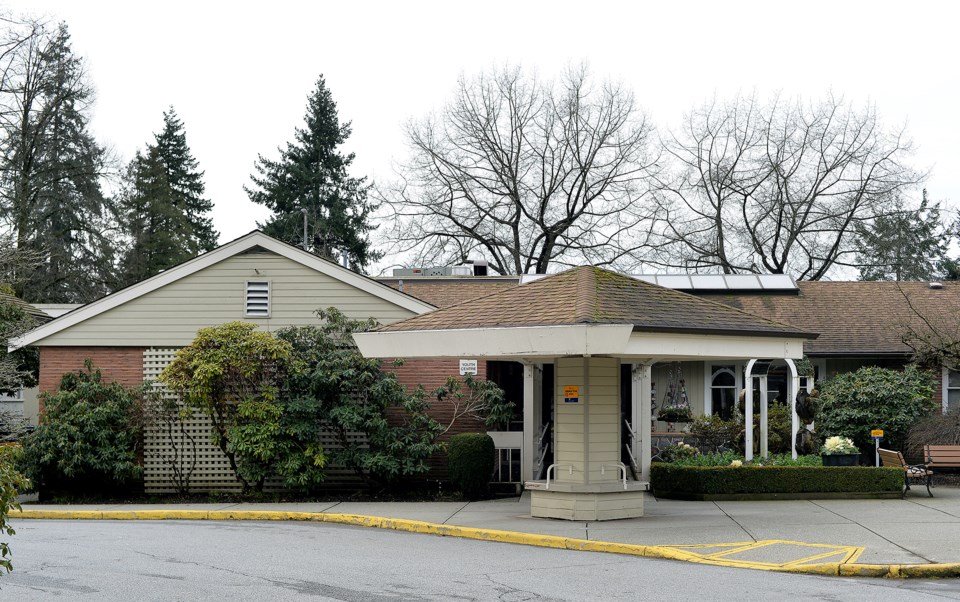The City of New Westminster is looking into the possibility of providing portable air conditioning units to seniors who might need help staying cool – and safe – during extreme heat events in the summer.
While some residents head to the public library, Century House and other civic facilities to beat the heat during the summer months, those facilities have been closed because of COVID-19 and may not reopen at full capacity until the fall.
Dean Gibson, the city’s director of parks and recreation, said planning is underway to use parts of Century House as a cooling station this summer.
“Cooling centres work well, but we also have to layer on the pandemic on top of that,” said John Stark, the city’s supervisor of community planning. “There would be physical distancing requirements.”
Stark noted there are concerns related to bringing vulnerable population, such as seniors, into a group setting.
Council members have directed staff to revisit New Westminster’s heat plan, as some of the places people normally go to cool off are off-limits to residents – including those living in older apartments that heat up during the summer months.
During an extreme heat event in the summer of 2009, New Westminster and the Downtown Eastside of Vancouver recorded the region’s highest mortality rates – nine deaths or higher. During that period, there was sustained extreme heat of over 28 degrees Celsius for five days.
“When Fraser Health did a review of those fatalities, it was mainly seniors,” Stark said. “It was mainly seniors who lived alone, typically older in their 70s and 80s. And a lot of the issues happened at night, not necessarily during the day when an individual could go into an air-conditioned mall.”
According to Stark, other jurisdictions have worked with corporate sponsors, foundations and governments to get small air-conditioning units that cool one room, which are made available to those who are particularly vulnerable.
“That way, at night, when a lot of people do need the relief, they have a refuge within their own unit,” he said. “In that way, they are safe.”



